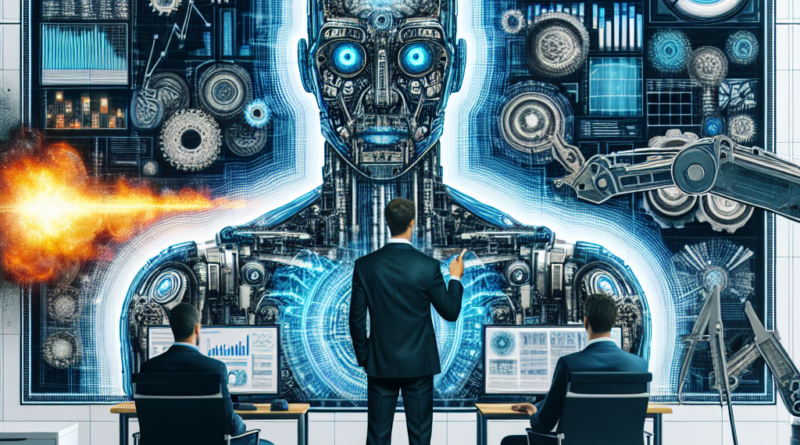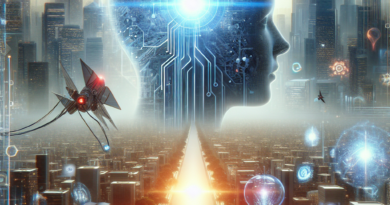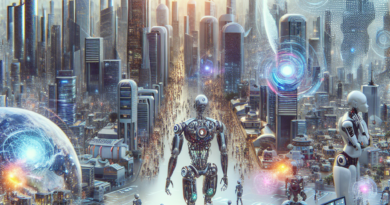The Threat of AI: Are You at Risk in Your Job?
Is Your Job at Risk Due to Artificial Intelligence?
In the digital era we live in, AI is revolutionizing every aspect of our lives.
While it offers extraordinary opportunities for growth and innovation, artificial intelligence also poses concrete threats to many “traditional” jobs.
Jobs at Risk Due to Artificial Intelligence
We have gathered the top 10 jobs that could disappear because of AI, analyzing the reasons behind this transformation and the current and future impact of AI on the job market and our lives.
1) Call Center Operators:
Advanced chatbots and virtual assistants are reducing the need for human operators in call centers.
These systems can handle frequently asked questions, solve non-complex issues, and manage customer requests 24/7 at lower costs than human staff.
2) Transport Drivers:
Autonomous vehicles developed by companies like Tesla, Waymo, and Uber threaten the survival of professional drivers.
In the future, trucks, taxis, and delivery services could be managed by AI, reducing the need for human drivers.
3) Travel Agents:
The rise of online booking platforms and AI-based travel apps is decreasing the demand for travel agents’ services.
Users can now plan and book their trips independently, receiving personalized recommendations from algorithms.
4) Bankers:
Automation in banking services, including advanced ATMs and mobile banking apps, is reducing the need for staff in bank branches.
Traditional operations such as deposits, withdrawals, and basic consultations are increasingly managed by automated systems.
5) Industrial Cleaners:
Advanced cleaning robots can perform cleaning operations in industrial and commercial environments.
These robots work continuously, ensuring efficient service and reducing the need for human cleaners.
6) Cashiers:
Checkout automation through self-service kiosks and mobile payment systems is drastically decreasing the need for cashiers in stores and supermarkets.
These AI-based systems not only speed up the payment process but also reduce staff costs.
7) Administrative Staff:
Management software, process automation, and AI tools already simplify many tasks traditionally performed by administrative staff, reducing the need for dedicated personnel.
8) Factory Workers:
Industrial robotics have revolutionized production lines, reducing the need for human workers.
Robots can perform repetitive and dangerous tasks with greater precision and safety, increasing productivity.
9) Journalists and Copywriters:
Automatic writing systems can create articles, reports, and real-time updates.
While AI cannot fully replace investigative and opinion journalism, it is certainly reducing the demand for generic and standardized content.
10) Data Analysts:
AI can analyze large amounts of data more efficiently and accurately than humans.
Advanced analytics tools, including predictive algorithms, can handle the work of many data analysts, limiting their role to more complex and strategic tasks.
The Impact of AI on the Job Market
AI is improving efficiency and reducing costs in many sectors today.
However, this process implies a decrease in the workforce’s need in various professions.
In the next decade, AI will continue to evolve, taking on increasingly complex and specialized roles.
This could lead to higher unemployment in traditional sectors but also to new opportunities in emerging sectors linked to AI development and management.
In conclusion, while AI poses a threat to many traditional jobs, it also offers the possibility to reinvent and improve how we work.
Adapting to these changes will be essential to ensure a sustainable work future.




